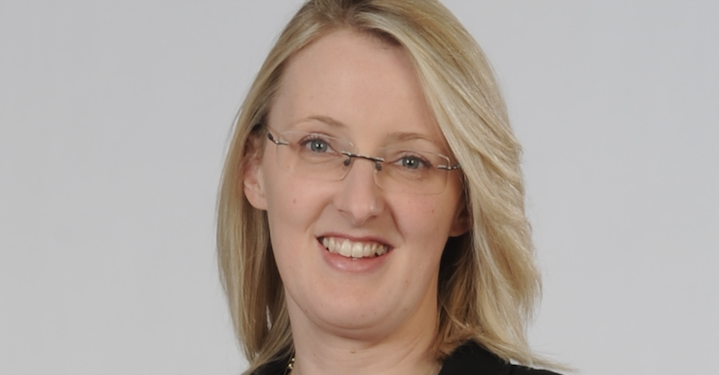Less than half of pension schemes have a preferred drawdown solution in place or are currently developing one, according to Aon’s latest DC survey, even though its research with Cass Business School shows that 50 per cent of members are likely to need one.
Aon says very few trust-based schemes intend offering access to a full drawdown solution, although some of them are looking at alternative solutions to offer drawdown to their members.
The survey, which represents 297 UK DC pension schemes with nearly 1.2 million members and over £33bn of assets, found just 43 per cent of schemes are either offering a full drawdown solution or planning to do so.
It also found better outcomes for members was schemes’ top priority, a priority for 57 per cent, with specific communications goals and evidence of increased member engagement a priority for 46 and 45 per cent of schemes respectively.
It found more than three quarters of schemes – 77 per cent – think that it is the employer’s role to communicate with, educate and support members, although 45 per cent are relying on the pension provider to undertake this important role.
But only 16 per cent of respondents receive regular management information on outcomes, with 68 per cent of those surveyed having no knowledge of the expected replacement ratio for their members. That compared to 90 per cent who receive information on investment performance.
The research found four out of 10 schemes are still targeting an annuity as the default investment option at retirement, with a similar figure not knowing about white-labelled funds, which enable schemes to change underlying managers without the member’s consent, or target date funds.
Aon Hewitt partner and head of DC Consulting Sophia Singleton says: “DC schemes are emerging from a busy 18 months during which many have implemented major initiatives such as auto-enrolment and pensions freedom. For many schemes, ensuring they are able to meet the demands of these major initiatives has absorbed their full resource and attention.
“Now is the time to re-set the DC agenda. If schemes are serious about the ambition to achieve better member outcomes, then they need to start setting clear targets and putting plans in place to achieve them. They must also set and measure themselves against clear KPIs to ensure that their intentions become reality.
“DC pensions are inherently flexible, so important decisions and responsibilities are left in the hands of the member. While this allows for greater choice, it puts pressure on sponsors and pension trustees to make sure that all processes are well communicated and that members receive the right education and information to make the right choices. If expectations are out of step with what is realistically possible, schemes need to address this urgently to avoid future problems.”





